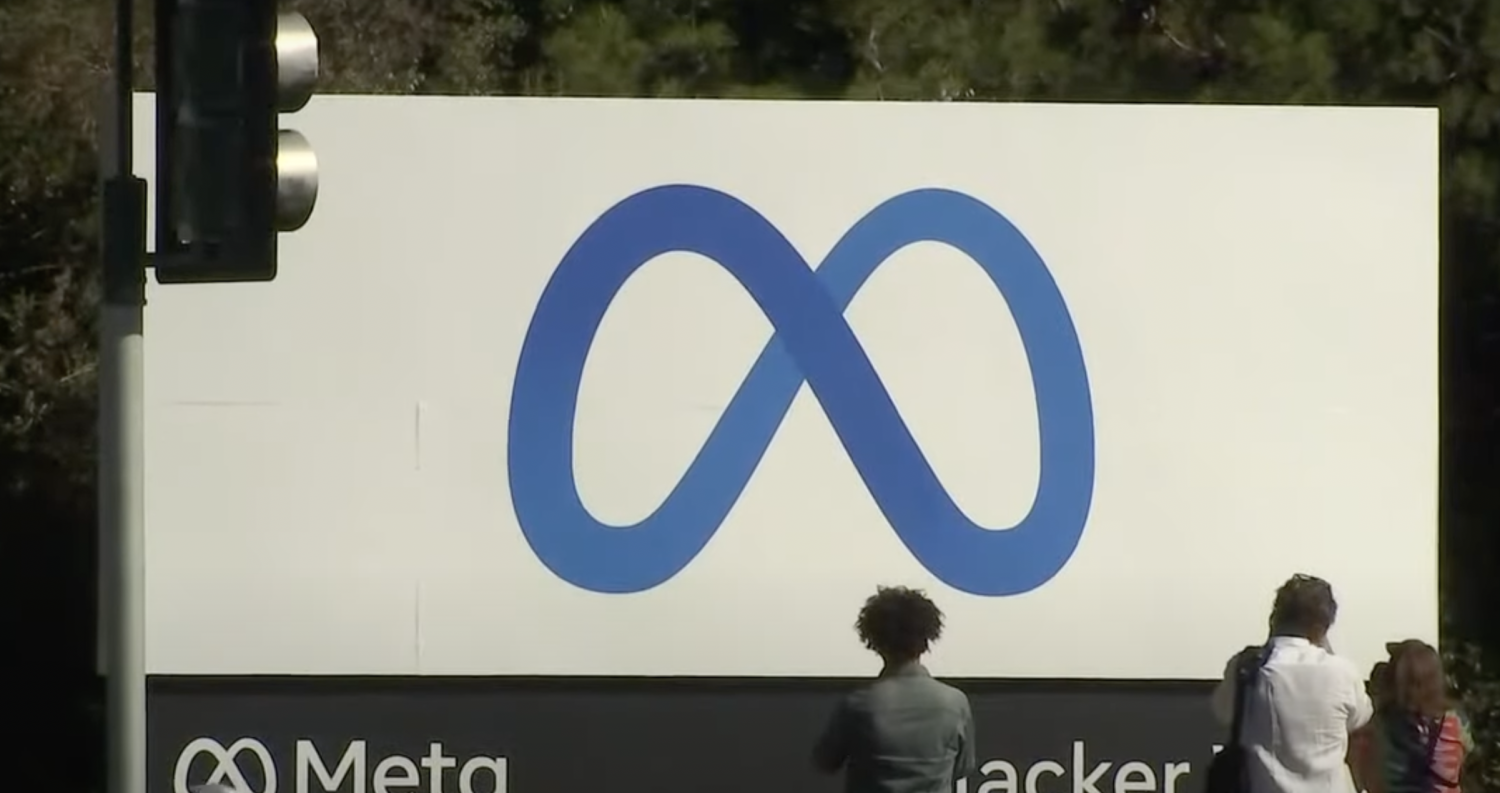
Meta plans maiden India data center at Reliance Chennai campus: Report
In a move to bolster its presence in one of the world’s largest digital markets, social media giant Meta is set to establish its first-ever data center in India, according to an Economic Times report.
The decision to establish a data center in India comes on the heels of discussions between Meta and Reliance Industries, one of India’s foremost conglomerates, during the pre-wedding festivities of Anant Ambani, scion of the Ambani family, and Radhika Merchant in Jamnagar, Gujarat earlier this year. The new data centre is expected to be housed at the Reliance Industries campus in Chennai, Tamil Nadu, enabling Meta to operate four to five nodes across multiple locations in the country.
Currently, data from Indian users across Meta’s platforms is serviced at a data center in Singapore. The new facility in Chennai will enable local processing of user-generated content, a critical step towards achieving faster data processing speeds, as well as compliance with India’s stringent new data protection laws. On user experience front, this could translate to a more responsive and efficient user experience for Indian users on Facebook, Instagram, and WhatsApp, though the change would be barely noticeable.
The Reliance Industries campus in Chennai’s Ambattur Industrial Estate is a well-equipped facility, and is known as MAA10. This 10-acre campus is a joint venture between Brookfield Asset Management, Reliance Industries, and Digital Realty, and is designed to support a significant IT load capacity of 100 Megawatts (MW). For now, the specific details of the deal remain undisclosed.
This development is an unsurprising one, given that more and more enterprises are increasingly opting for localized data storage and processing solutions, specially for their userbase in India, which has become the world’s second largest internet market. For one, growing user bases in specific regions like India necessitate localized infrastructure to ensure optimal performance and user experience. For another, stricter data privacy regulations around the world are prompting companies to store data closer to the users who generate it. Finally, the desire to improve user experience through faster processing speeds and localized content delivery further incentivizes data localization strategies.
The advantages of a local data center extend far beyond just faster data processing. Meta can leverage this infrastructure to deliver localized advertisements, a move with the potential to significantly enhance user experience for Indian audiences. Localized ads can be more relevant to user interests and cultural context, leading to a more engaging and effective advertising experience. Additionally, the data center’s capabilities could support the operation of large artificial intelligence (AI) models. This is particularly relevant considering the intensifying government oversight in the realm of AI, and could also pave the way for the development and fine-tuning of AI applications specifically tailored to the Indian market.
The establishment of Meta’s first data center in India signifies a win-win situation for both Indian users and the country’s data center industry. As mentioned earlier, Indian users can expect faster data processing speeds, a more tailored user experience through localized advertising, and potentially, advancements in AI applications designed specifically for the Indian market. Furthermore, it could lead to the growth of the domestic data centre industry, which is already is anticipated to double its capacity within the next three years.


